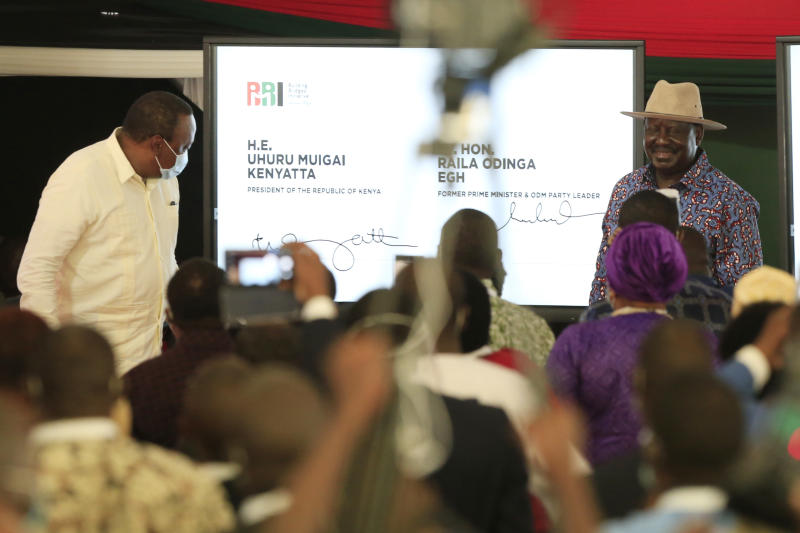×
The Standard e-Paper
Stay Informed, Even Offline

You should only be surprised by the reported errors in the Building Bridges Initiative (BBI) reports that went through county assemblies if you are not a Kenyan.
Take offence if you like, but an average Kenyan will do anything to avoid reading; it does not matter how important the document is or their level of education.